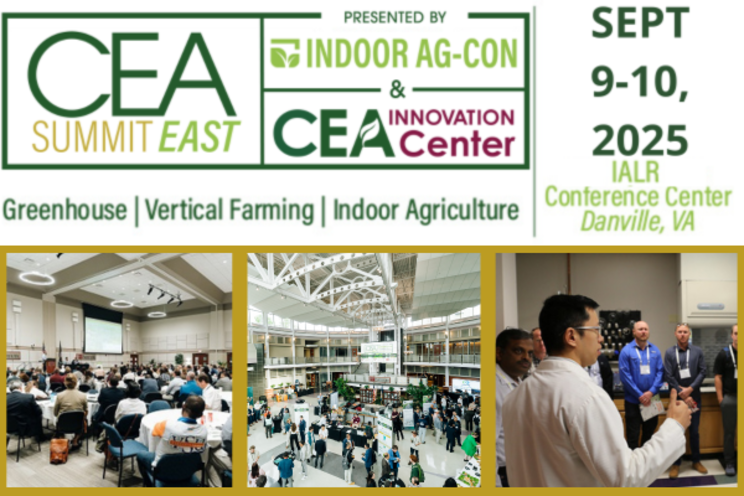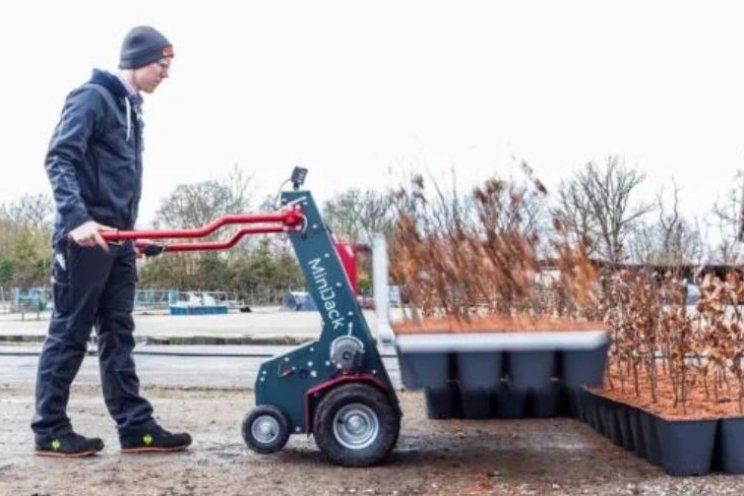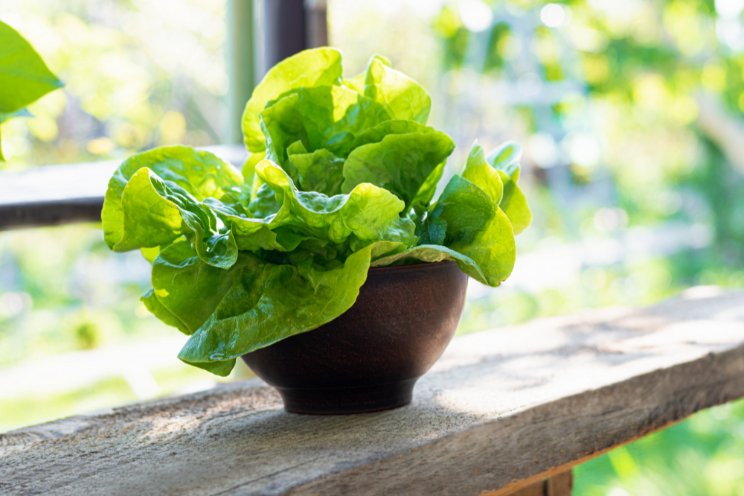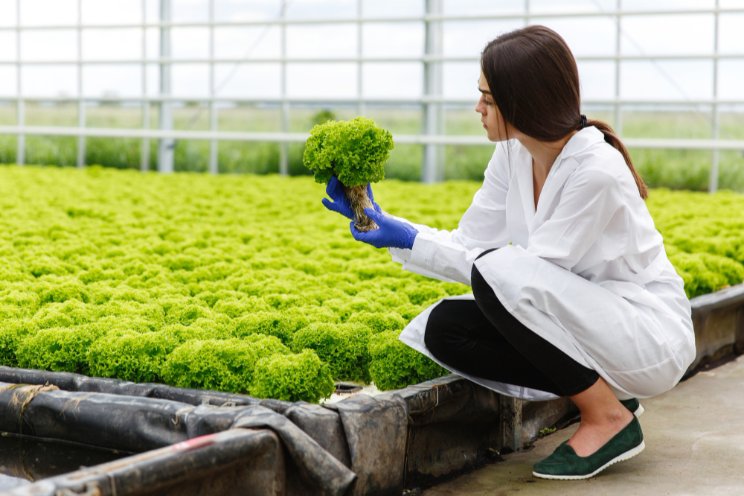Old MacDonald's Farm no more: Companies invest in vertical agri
Added on 15 February 2022

Walmart is betting on vertical agriculture, saying the technology can provide "the freshness and quality that Walmart customers expect year-round." Its California stores will be supplied with product from Plenty's Compton farm, located indoors where the weather is, well, whatever you want it to be. The company, in other words, will be a customer as well as an investor.
And Walmart appears to be bullish on this industry, which uses square footage instead of acreage, to grow food. Walmart U.S. Chief Merchandising Officer Charles Redfield announced the deal as part of "a new era of agriculture" that, he said, "offers pesticide-free, peak-flavor produce to shoppers every day of the year." No need to worry about a sudden wind chill in these controlled climates where data controls weather.
Walmart, with 10,500 stores in 24 countries and $559 billion fiscal 2021 revenues, is now part of a shift in which companies are investing in high-tech farms.
"This partnership not only accelerates agricultural innovation, but reinforces our commitment to sustainability," Redfield said.
Walmart said that vertical farming "supplements traditional farming practices to help increase food supply and alleviate current challenges in the food system in a sustainable way." While vertical farming, with locations that include urban rooftops, isn't going to replace traditional farming, it's a growing industry that is a necessity not only for sustainability but for the ability to feed the world in the future.
Click here to read more.
Photo Courtesy of infarm
Source: Forbes
More news















